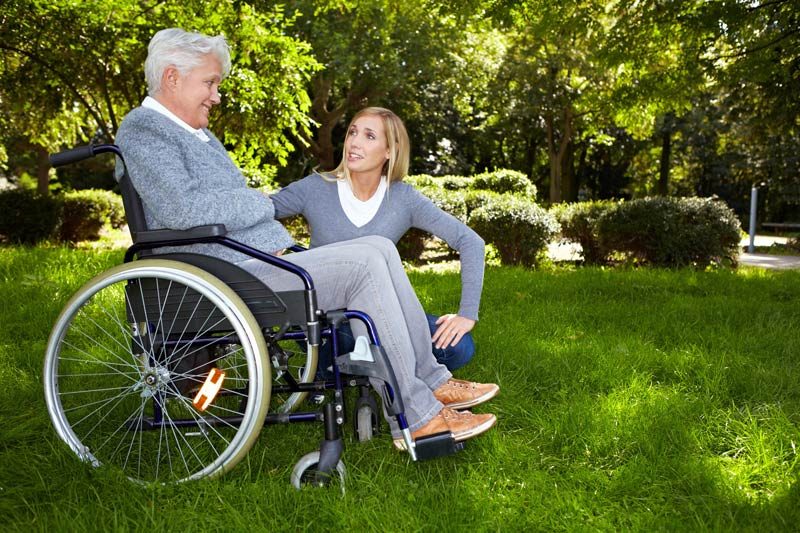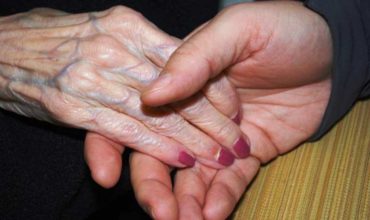You can’t eliminate all disagreements and uncomfortable situations with your parents, but you can often resolve conflicts and make your relationships run more smoothly, if you just know how! The following ten tips will help you avoid butting heads with your aging loved ones.
Start early. There are some issues that almost all caregivers or would-be caregivers will face at some point, including changing living arrangements, drawing up a will or giving up driving, etc. If they haven’t arisen yet, discussing them with your older family member before decisions must be made can be a lot less stressful.
Pick your battles. As a caregiver, you will most likely encounter situations where you have to override your parent’s wish to keep them safe and well. But do so only when necessary! If your father wants to drive his car after his license has been revoked, for example, it’s your responsibility to stop him. If he wants to wear red plaid pants with a blue striped shirt or put up his Christmas tree in August, let it slide.
Enlist the help of professionals. Even though you may be closer to your aging loved one than anyone else, that doesn’t mean you have to be the bearer of all bad news. If you think your Mom needs to see a psychiatrist or trade in her high-heel pumps for safer shoes it might make sense to have a trusted doctor broach the subject with her.
Let your parents live in their own world. If your father’s college football stories or your mother’s insistence that she’s never met your husband (despite the fact that she’s known him for thirty years) drives you up a wall, don’t let on. How many times has your child or best friend told you the same story over and over? Try acting amazed when you hear about that wining touchdown for the thousandth’ time or tell your mother that you’d love to introduce her to your husband (just make sure you let him in on the role playing!).
Don’t make assumptions. If you need to make a decision regarding your loved one’s care, don’t always assume you know what’s best for them. One article I read recently said that most caregivers thought their parent would be better off moving in with them, while most older adults said they would prefer to stay in their own homes or live in an assisted-living facility. If your parent is cognitively and mentally able to participate in decisions regarding their own care, by all means ask for their input.
Consider your parent’s feelings. It’s not easy getting old. If you look at things from your parent’s perspective – and consider that you will most likely be in their situation one day – you’ll realize it’s smarter to let go of past grudges that might lead to conflict and simply forgive.
Allow your parent to call the shots – sometimes. Many of the challenges that arise in caregiving come when parents feel they are no longer useful or in control. As with parenting your own child, it’s important to give your parents some power in the family – particularly if he or she lives in your home with you. If possible, allow them to plan meals, or pick TV shows or family activities now and then.
Use positive reinforcement. It’s easy to criticize when things aren’t going well, especially when you’re overwhelmed and exhausted. But instead of complaining when things go wrong, try praising your parent when things go right. Chances are your parent wants to please you and will appreciate the encouragement.
Foster your parent’s independence. Some older adults sit back and prefer to be waited on. But many would much rather do things themselves – if they can. By allowing your parents to do the tasks they are physically able to do you will help boost their self-esteem and maintain their independence.
Reconsider your arrangements. If constant conflicts with your parents are having a negative impact on your health and your family, you may have no choice but to make other arrangements for their care. If he or she is living in your house, perhaps they could live with another family member or move into an assisted-living home. If you’re providing most of the care – perhaps another family member could take over some of the duties.
Dr. Alexis Abramson






